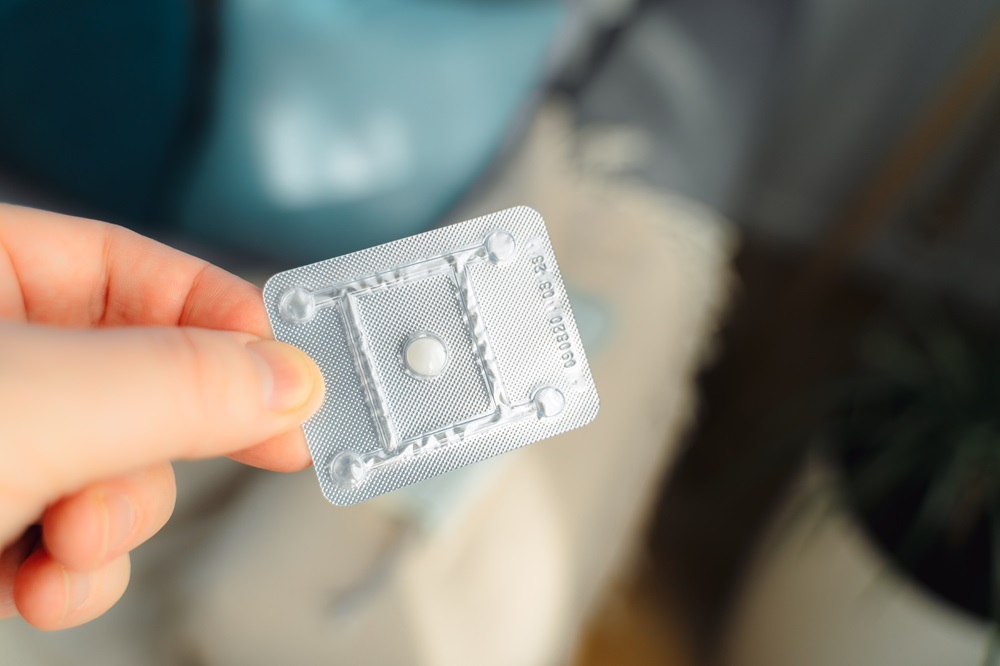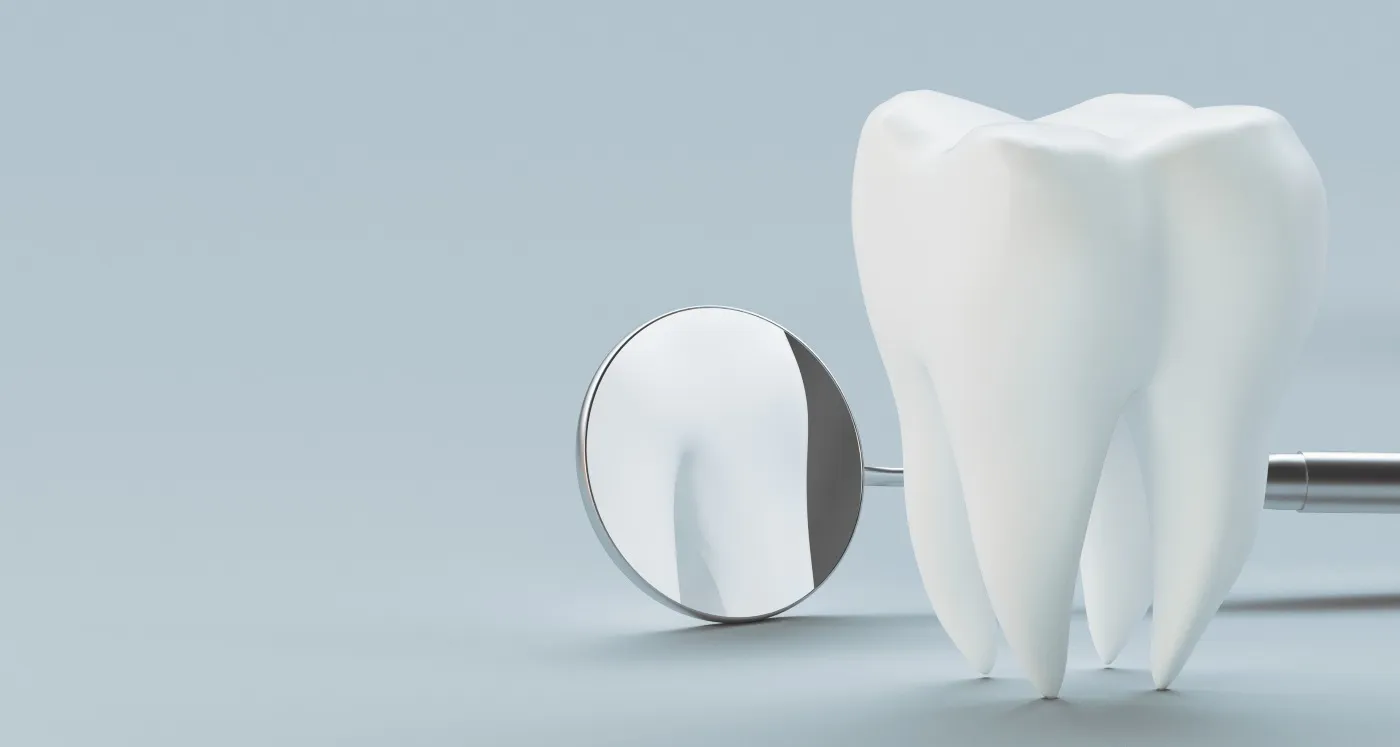What Is Sedation Dentistry?
At Evergreen Dental Co., we understand that dental anxiety can make procedures feel overwhelming. That’s why Dr. Tariq Jah offers oral sedation using Valium to help you feel calm and at ease before your appointment. This form of sedation ensures a relaxed experience while staying fully conscious. Contact us today to schedule a consultation and learn how we can make your visit stress-free with oral sedation in Greensboro.


What To Expect From The Sedation Process
Health screening
Oral conscious sedation
Aftercare and recovery

More About Sedation Dentistry in greensboro, nc
You don’t need to do anything special, though it’s best to avoid big meals for an hour or two before your appointment. Eating a big meal could increase your risk of nausea.
For oral conscious sedation, your Greensboro dentist may require you to take a pill the night before your appointment. You may also be required to fast (avoid eating or drinking) for up to 6 hours before your appointment, though this depends on the drugs used in your procedure.
Have questions about sedation? Find answers here
How Long Does Sedation Take To Wear Off?
It may take up to 4-6 hours for oral conscious sedation to wear off, and it has more intense side effects, so it’s best to head home, get some rest, and recover under the supervision of a spouse, partner, roommate, or another responsible adult.
Do I Need Someone To Drive Me Home?
Yes, since oral conscious sedation interferes with your motor skills and can last 6+ hours, you definitely need someone to drive you to and from Evergreen Dental Co. If you do not bring someone with you to our office to drive you home, your dentist in Greensboro might refuse to provide oral conscious sedation.
will i feel pain if i get sedated?
Sedation involves administering sedatives to keep patients calm and relaxed during dental procedures. While sedation is incredibly effective at relaxing patients, it isn’t an analgesic (pain killer). It dampens pain but doesn’t eliminate it completely.
That said, sedation still plays a crucial role in ensuring the success of dental procedures. It’s especially useful for patients with chronic dental anxiety, sensitive gag reflexes, and pain hypersensitivity. Using sedation in conjunction with anesthesia isn’t always necessary but is recommended for lengthy and invasive dental procedures.
who is a candidate for sedation dentistry?
Anyone with good overall health and without histories of drug dependence is an excellent candidate for sedation dentistry. However, sedation is especially useful for people with severe dental anxiety and phobia. Sedation helps such patients keep calm, quelling their fear and apprehension so they can go through the entire process seamlessly with no disruptions.
However, it’s worth noting that sedation might be dangerous for obese people. That’s because obese people are more likely to have sleep apnea. Sleep apnea disrupts your breathing while asleep and can temporarily stop breathing. This is dangerous while under sedation, which puts you to sleep. That said, dentists can recommend other dental sedation methods for obese patients or patients with sleep apnea. Sedation techniques like nitrous oxide (laughing gas) and oral sedation don’t involve putting patients to sleep. Obese patients can still get sedation without risking their health and safety.
what are the advantages of sedation dentistry?
The most significant advantage of sedation dentistry is that it relaxes and calms down patients during dental procedures. These procedures can be nerve-wracking, intimidating, and scary, even for adults. Sedation dentistry helps calm the patients’ nerves, ensuring successful dental procedures.
Sedation also helps patients stay comfortable during dental procedures. It minimizes physical discomfort and pain that may disrupt the procedure, making even lengthy and complex procedures bearable. This comfort and relaxation improve patients’ cooperation during treatment. Patients sit still, allowing dentists to conduct their treatments to code and guarantee their dental health.
Sedation dentistry also improves time efficiency, saving the dentist and patient’s time. With enhanced cooperation, dentists can focus on completing the procedure as fast as possible so patients can resume their normal routines. It means you won’t have to spend too much time on the dentist’s chair, which in itself is stress-inducing.
In addition to saving time, sedation dentistry also opens up greater treatment accessibility. This means patients can undergo lengthy and invasive treatments that work best for their specific conditions. In short, sedation dentistry makes all treatments and surgery viable for ailing patients.


